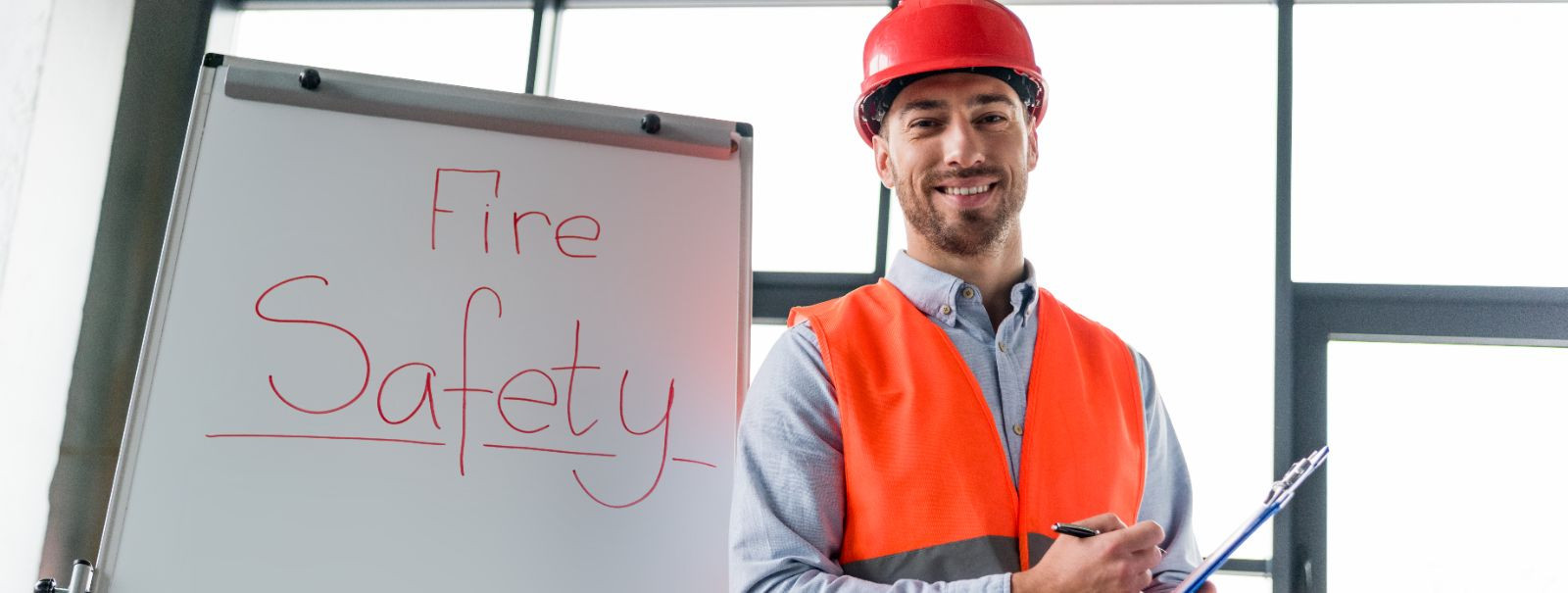How fire safety audits can save lives and properties
Fire safety audits are systematic evaluations of a building's fire safety measures, designed to identify potential hazards and ensure compliance with safety regulations. These audits are crucial for preventing fire-related incidents and minimizing their impact on both human lives and property.
Importance of Fire Safety Audits
The primary goal of fire safety audits is to protect the lives of occupants within a building. By identifying potential fire hazards and ensuring that safety measures are in place, audits help prevent fires from occurring and ensure that, if a fire does break out, occupants can evacuate safely and efficiently.
Fires can cause extensive damage to properties, leading to significant financial losses. Fire safety audits help identify vulnerabilities in a building's fire protection systems, allowing property owners to address these issues before they result in costly damage.
Key Components of a Fire Safety Audit
A thorough risk assessment is the foundation of any fire safety audit. This involves identifying potential fire hazards, evaluating the likelihood of a fire occurring, and assessing the potential impact on occupants and property.
Effective fire safety management involves implementing and maintaining fire protection systems, such as fire alarms, sprinklers, and extinguishers. Audits ensure that these systems are functioning correctly and are regularly maintained.
Emergency preparedness is a critical component of fire safety audits. This includes developing and practicing evacuation plans, ensuring clear and accessible escape routes, and training occupants on fire safety procedures.
Regulatory Compliance and Standards
Fire safety audits help ensure compliance with local fire safety regulations, which vary by region. Understanding and adhering to these regulations is essential for avoiding legal penalties and ensuring the safety of building occupants.
In addition to local regulations, many property developers and construction companies adhere to international fire safety standards. These standards provide a framework for best practices in fire safety and are often more stringent than local regulations.
Benefits of Regular Fire Safety Audits
Regular fire safety audits can lead to significant cost savings by identifying and addressing potential fire hazards before they result in costly damage. Additionally, audits can help reduce insurance premiums by demonstrating a commitment to fire safety.
Implementing regular fire safety audits fosters a culture of safety within an organization. This culture encourages employees and occupants to prioritize fire safety and take proactive measures to prevent fire-related incidents.
Implementing Fire Safety Audits in Large-Scale Projects
For large-scale projects, implementing fire safety audits requires meticulous planning and execution. This involves coordinating with various stakeholders, including architects, engineers, and fire safety experts, to ensure that all aspects of fire safety are addressed.
Collaborating with fire safety experts is essential for conducting comprehensive audits. These experts bring specialized knowledge and experience, ensuring that all potential fire hazards are identified and addressed effectively.






Comments (0)